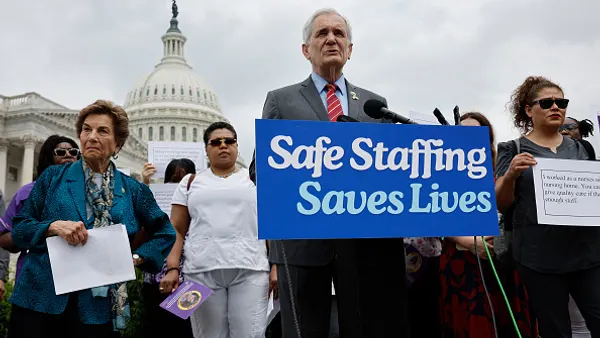Almost 2 in 5 workers say they are in a low- or medium-quality job — a definition in part considering a worker’s ability to advance in the workplace, according to a Jobs for the Future report released Aug. 31.
Notably, workers in low- or medium-quality jobs are far more likely to have considered leaving their job in the past 12 months compared to those in comparatively high-quality jobs.
The quality of jobs is defined by factors both tangible (salary, benefits) and intangible (workplace culture, ability to advance), JFF said. Those with high-quality jobs were significantly more likely than others to say they have the skills to advance into a quality job and that their employer provides them with the training and resources necessary to get a better job.
The report speaks to the increasing importance of employee development as part of an employer value proposition.
While an economic slowdown has employers concerned about investments, companies that focus on developing their workforces may have the upper hand in their industries, a McKinsey Global Institute report from February said. Top employers in that report give employees opportunities to continue learning and also make promotions and internal transfers clear and readily available.
Employers may also need to do more regarding communication around upskilling opportunities. Many workers do not understand how their employers’ upskilling programs could lead to advancement, a D2L report said — and that is despite clear interest in said programs.
Demand for such will also continue to grow, other surveys have said, especially during shaky economic times.














